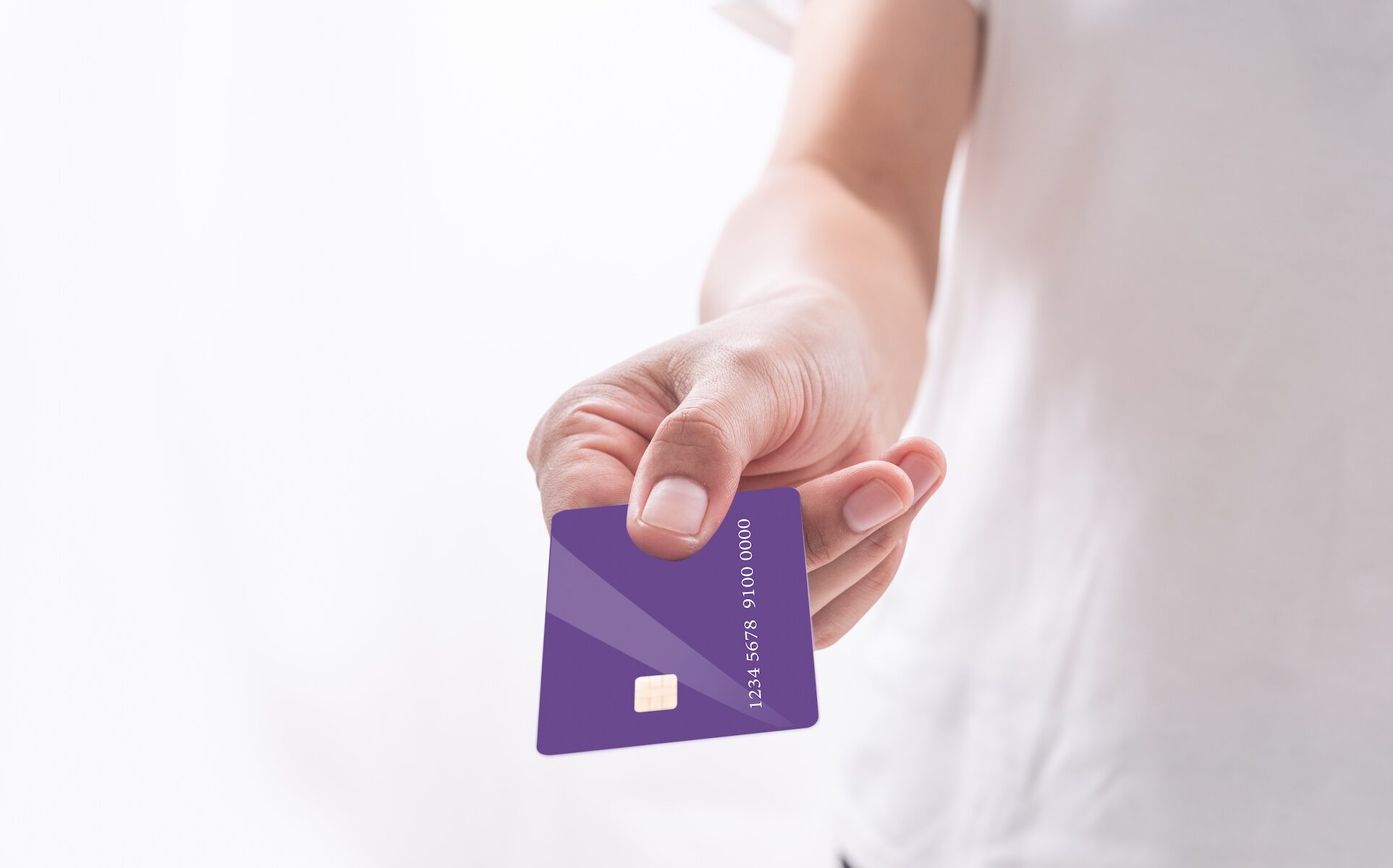Credit cards: your practical companion
It’s hard to imagine everyday life without credit card payments.
According to European Central Bank surveys, card payments are currently the most frequently used means of payment in Europe. The figures speak for themselves: last year there were around 87 billion card payments in the EU, representing a total value of some EUR 3.5 trillion. According to Statista, each Luxembourg resident made 283 card payments last year.
There is one major difference between a credit card and a debit card where the cash is debited to your account immediately. With a credit card, transactions are not booked until a fixed date in the future. That’s why it’s called a “credit” card. In effect, the card provider grants the client a credit for a specified period of time. The client therefore has access to cash, which must of course be repaid at some point. In contrast to a debit card, there is also a spending limit on a credit card.
Well insured
With a credit card come associated benefits that help make the client’s life easier. As well as purchase protection, the services associated with cards may include travel accident insurance, repatriation, and compensation for flight cancellations, missed connections or lost luggage.
Depending on the card’s status, clients may have access to services such as AirRefund, Smart Delay, access to airport lounges, LoungeKey, rental car insurance and even cover for medical treatment abroad. So you should check what insurance cover your cards offer to make sure that you have the best protection and avoid any unnecessary costs from overlapping cover from different providers. Insurance guarantees are associated with use of the card, whereas in principle you have access to the assistance services as a cardholder.
Keep an eye on your limits
Particularly when we’re on holiday, we like to treat ourselves to a few little extras and are more likely to spend more money. It would be a shame to not be able to make your last trip because you exceeded your card limit. This means that it’s essential to check your card limits before you set off, and raise them for the duration of travel (or permanently) if necessary. During bank business hours, changes to your credit limits are usually applied immediately. For a significant limit increase, confirmation may take a little time in some circumstances. One more reason to sort this out before you leave! You can also use the bank’s app to activate or deactivate the card’s various payment options at any time and with immediate effect. This means that clients can block withdrawals, payments for online purchases or payments outside of Europe with a single click.
|
283 |
Some banks in Luxembourg also offer the possibility of withdrawals in US dollars (USD), pounds sterling (GBP) or Swiss francs (CHF) at certain ATMs at any time. For more exotic currencies, it’s generally better to get cash in the country in which you are holidaying rather than exchanging currency in Luxembourg before you leave. However, if you do wish to exchange money beforehand, you should order this currency at least one week before the start of your holiday to avoid any nasty surprises.
A lot of tourists still travel with huge amounts of cash. This is a mistake, card payments are more advantageous when travelling abroad. However, be careful when paying at a payment terminal abroad: where possible, transactions should be made in local currency to avoid unfavourable exchange rates.
If you don’t have enough euros and would like some cash for purchases or a trip, within the eurozone you can withdraw euros with your debit card. However, if you withdraw cash with a credit card from an ATM abroad, this withdrawal counts as a cash advance and will be subject to charges. These charges can be quite high, as they include a fixed charge and a certain percentage of the transaction total. So you should find out about the conditions applicable to your specific case before you travel.
It’s important to check your card limits before you set off, and adjust them if necessary.
Also be aware that in some countries, including Spain, Germany and Greece, additional costs are charged for each card withdrawal at certain ATMs. However, any costs in addition to the bank’s charges are shown at the time the transaction is made.
Real-time overview of expenditure
We like to take things easy and relax when on holiday. However, keeping an eye on your budget will help you avoid any nasty surprises. The online banking service lets clients check their card balance and see a clear overview of past and outstanding transactions. You can see the euro value of foreign currency expenditure or view the guarantees for hotel and rental car reservations. This is an extremely practical way to keep a permanent eye on your expenditure and avoid going over-budget.
What to do when your card is lost or stolen
Even if you’re on holiday, your card can still get lost or stolen. Even being distracted for just a moment and your trusty card is gone. Here’s what to do if that happens:
-
- If you have lost your card: if the bank offers this option, clients can temporarily block their card. This can then be lifted if the card turns up later. If you don’t find the card, you should report it as lost. You will then automatically receive a new card.
- If your card is stolen: block the card permanently. A new card will be sent to the client’s home address as quickly as possible.
Clients can block a card in their online banking service 24/7. If you don’t have internet access, you can call Worldline (previously SIX Payment Services) on +352 4910-10 to have the card blocked.


 Mortgage
Mortgage Personal loan
Personal loan Savings
Savings